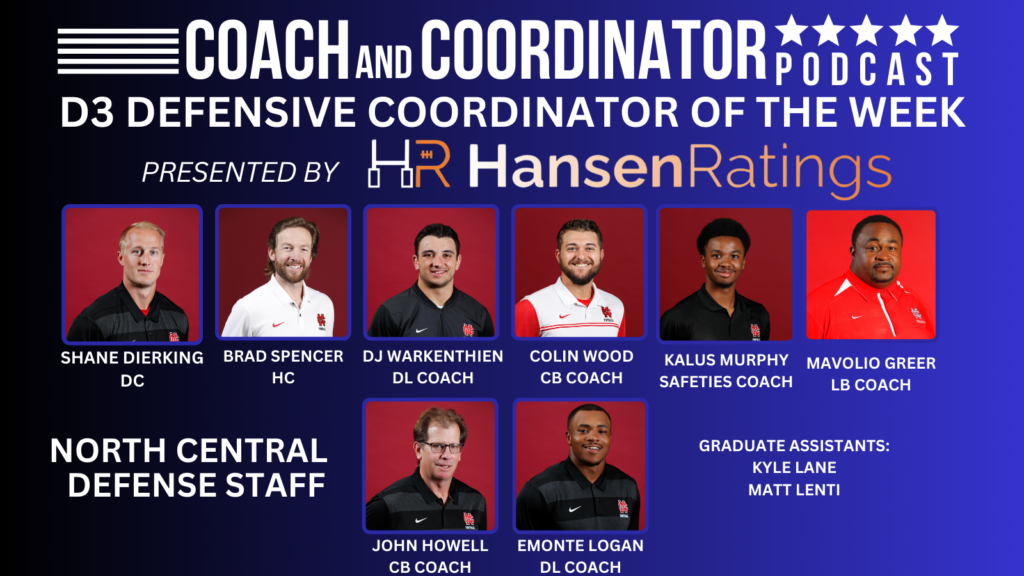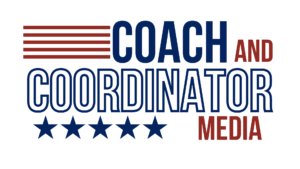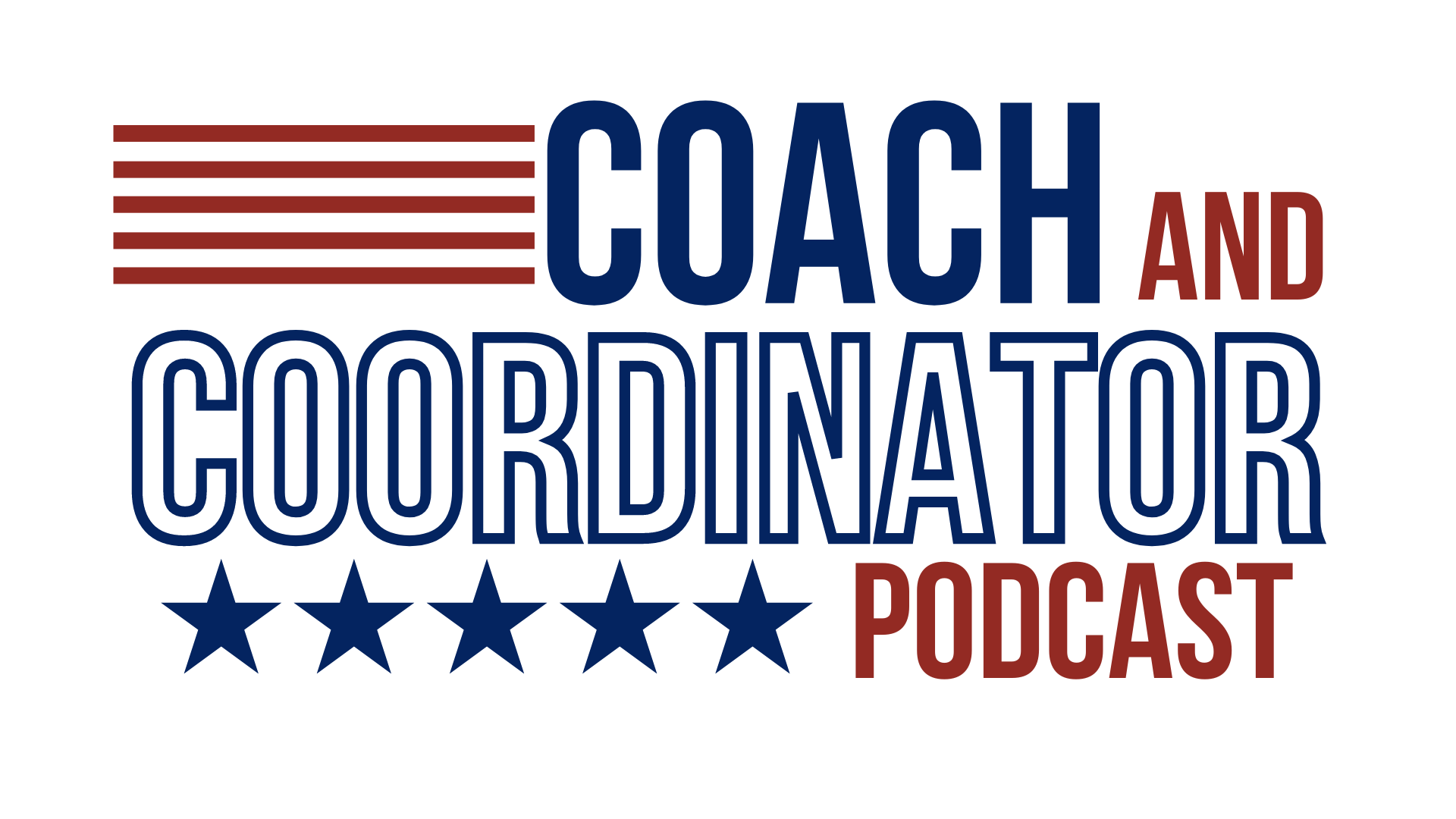
Sometimes as coaches, we don’t do the important things often enough. We may install something in camp and then forget to emphasize the key principles daily, or in our time crunch of the season, we might save some work for the big moments only. It’s something that two-time national champion Shane Dierking has learned to be better at as he’s evolved as a coach.
Dierking, the defensive coordinator at North Central College, emphasizes the importance of continuous self-evaluation and setting weekly practice goals to achieve success on the field. During a recent episode of Coach and Coordinator, he shared insights on how these two aspects shape his team’s defensive performance throughout the season.
Weekly Self-Scout
Dierking integrates a weekly self-scout into his process, not waiting until a big game or the middle of the season to assess the team’s tendencies and weaknesses. Early in his career, Dierking only engaged in self-scouting before big games, but he quickly learned the value of doing it every week. He now regularly assesses how his defense presents itself to opposing teams, looking for patterns, tendencies, and any weaknesses that could be exploited.
He and his staff dive into this analysis on Sundays, right alongside their preparation for the next opponent. This dual focus allows them to understand not only what the other team is doing but also how their own defensive schemes might be perceived by their next opponent. Dierking said that this reflection is critical to prevent major tendencies from forming and ensures the team adapts throughout the season. He explains, “You’ve got to do what your players are best at and be able to adapt in season.” This flexibility ensures that the team’s approach is always aligned with player strengths, even if it means moving away from strategies he personally likes.
He looks at key metrics like coverage percentages, pressure rates, and red zone performance to ensure that the defense isn’t becoming predictable. Dierking’s self-scouting process helps him adapt strategies to focus on what the players execute best, humbling him when something isn’t working, regardless of how much he likes it as a coach.
Daily Practice Goals
In addition to his weekly self-scout, Dierking focuses on daily practice goals that directly lead to game-day success. He shared that it’s not enough to simply outline game-day goals in a meeting and expect results. Instead, those goals must be worked on daily to ensure incremental improvement. The focus areas are constantly tracked and reviewed with the team.
Every day in practice, his team tracks completion percentages, explosive plays, interceptions, fumbles, and tackling efficiency (even in non-contact periods). This information is then charted, with the results visibly shown to the players in meetings. Goals that are met are highlighted in green, while unmet goals are shown in red. This daily feedback motivates players to strive for consistency and encourages competitiveness within the unit. “Every single day, when we go to meetings, they will see either in red or green whether they accomplished each of those goals,” Dierking shared, emphasizing the importance of holding players accountable throughout the week.
Dierking noted that this daily accountability helps players focus on the basics, which can often get overlooked, especially during scout periods. For Dierking, even the players simulating the opponent’s defense in practice need to maintain proper alignment, pad level, and tackling technique because, as he says, “You can still be brilliant at the basics.”
By combining a rigorous self-scouting process with clear, actionable daily practice goals, Shane Dierking has developed a disciplined and adaptable defense that evolves throughout the season, driven by continuous evaluation and improvement.
D3 Defensive Coordinator of the Week
Presented by Hansen Ratings

Notable Stats
Defensive Coordinator of the Week
Shane Dierking | North Central | 49-9 vs. Washington U.
- WashU scored 35+ in first 2 contests vs. 2 quality opps
- Only allowed 2 plays of 10+ yards through first 3 quarters
- Only allowed 2 drives of 15+ yards
- Allowed 145 yards on 2.7 yards/play (91 yards passing, 54 yards rushing)
- WashU’s starting QB completed only 7/20 passes
- 4 sacks and 2 INTs


